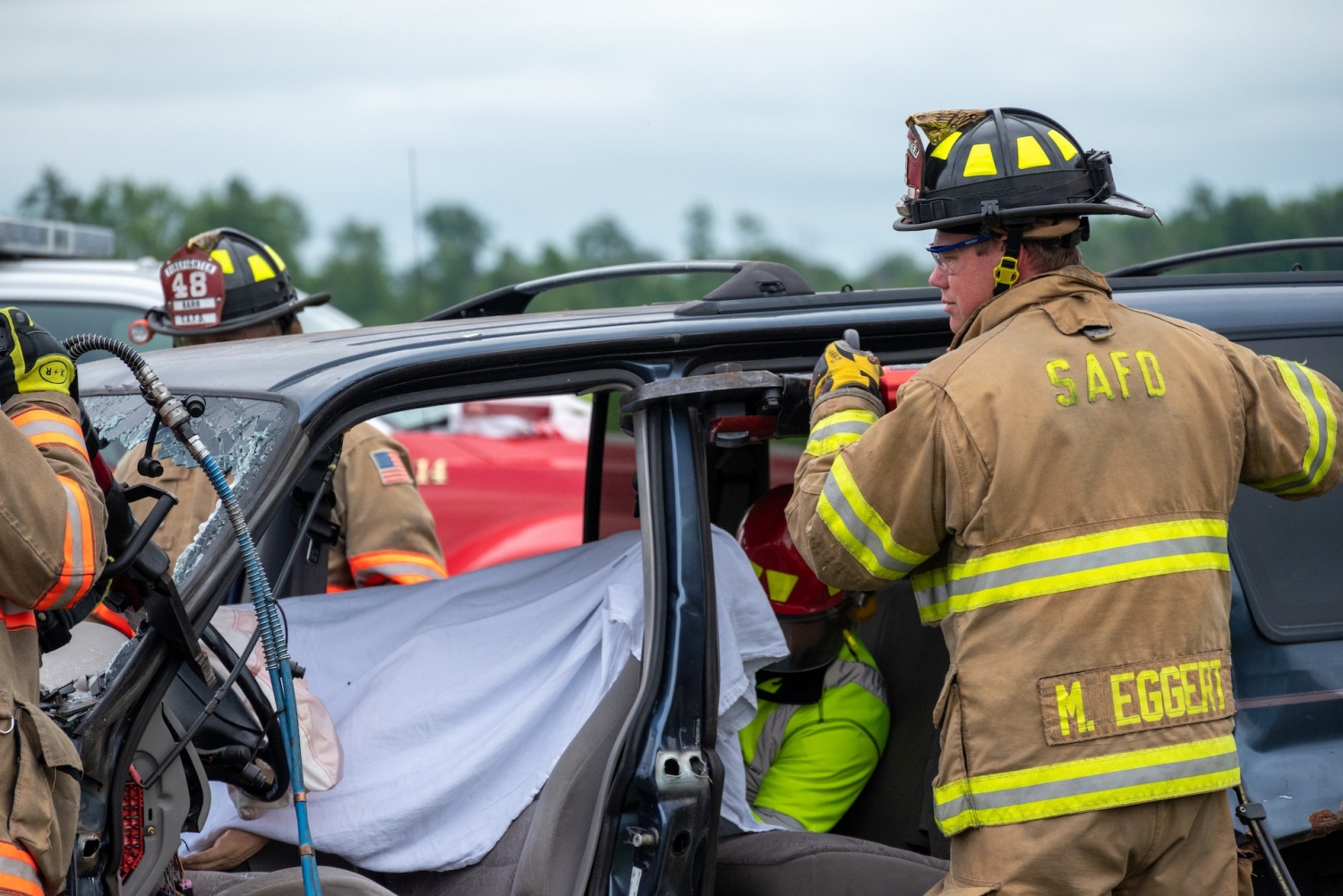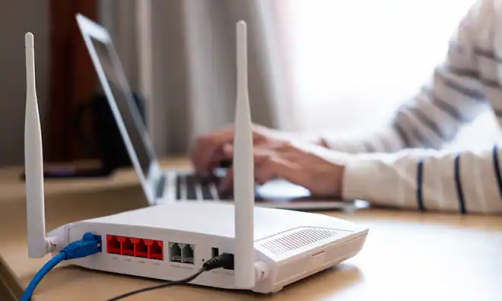Car accidents are unfortunate and often scary. They can occur at any time, anywhere, and with any severity. However, it is important to know your rights after a car accident so that you can obtain the necessary compensation to move on from this incident. This article provides you with key steps that you need to take after a car accident so that you understand what is happening in your case and what information will be needed for your case moving forward.
1. STOP:
The first step is to stop your car and stay in your car after an accident. This is especially important if you are injured and need to call for help. If you are not injured, then you can exit the vehicle. When exiting, make sure that you check on the other driver or any passengers, as well as their vehicle. Also, do not depart from the scene of the accident until the police arrive or if someone calls for help. You have a duty to attempt to contact police or medical attention unless it is unsafe or unreasonable to do so.
2. PROTECT THE SCENE:
When law enforcement or medical personnel arrive at the scene of the accident, you are required to stop blocking their access to any scene investigation. When an officer approaches a car, you must pull over if it is safe and reasonable to do so. When pulling over, it is important that you do not impede on or in any way obstruct their investigation of the accident. You should notify law enforcement that you are stopping due to your right-of-way and request them to contact your insurance company and claim agent.
3. CALL THE POLICE:
You must report a car accident to the police. If you have not called the police to report a car accident, you may be found in violation of your duty to exercise ordinary care for the safety of others. Also, it is important that you remain at the scene and identify yourself until law enforcement arrives and takes a report from you.
4. MAKE AN ACCURATE RECORD:
It is important that you make an accurate record of the accident. You will want to record the date, time, location, weather conditions (including both air and road temperatures), and how many people witnessed the accident. Also, if you have a car camera or any other recording device that captured the entire accident, you should make sure to keep this recording in a safe place so it can be used at a later date if needed.
5. TAKE PICTURES:
It is important that you take pictures of all the damage to your car. You will want to include pictures of your car, the other vehicle, and any witnesses. Also, if you have a dash camera or other recording device, you should retrieve this recording at the earliest possible time.
6. EXCHANGE INFORMATION:
In order to prove fault or liability in a car accident, it is important that the parties exchange their information with each other. You should have your driver's license, vehicle registration, and insurance information. This should include information on any passengers of the party involved in the car accident as well. It is also important to note that you must keep this documentation for three years from the date of the accident.
7. REPORT THE ACCIDENT:
A car accident brings many complications, and without proper communication and documentation of the accident, it can be difficult to prove fault or liability in any case. If you are unable to provide your own proof of the accident, a police report will be required. Most police departments require that you follow their report form when filling out their paperwork. However, in some cases, there may be more specific directions that you need to follow when filing your report.
8. SEEK MEDICAL ATTENTION:
Even if an accident does not appear to be serious, it is important that you seek medical attention. You will want to have your injuries documented so that they can be factored into your claim. You should also have documentation of any pain or discomfort you may feel in order to prove that there is a correlation between the accident and any future medical conditions.
9. KEEP A FILE:
It is important that you keep a file of all documentation pertaining to your accident. You will want to keep any police report, personal injury claim form, and medical records in this file. Also, it is important that you obtain copies of any photographs taken at the time of the accident if they were not given to you by a law enforcement officer at the time of the accident. You are required to retain your copies for two years from the date of the accident.
10. PROTECT YOUR RIGHTS:
It is important that you protect your legal rights in any accident. You should contact a personal injury attorney or law firm that has experience in car accidents, especially if you are unsure of the correct information to include in your case. An experienced car accident lawyer will be able to assist you with the appropriate paperwork and documents required to obtain compensation for your injuries.
Conclusion:
Even if you were not injured in a car accident, if you were involved in an accident that caused damage to either your vehicle or to the other vehicle, it is important to contact a car accident lawyer who focuses on obtaining compensation for your loss. If a car accident is not reported, it can make it difficult to obtain compensation for your lost and damaged belongings or property. Any time you are involved in an accident, it is important that you are aware of your legal rights and how to protect them.














